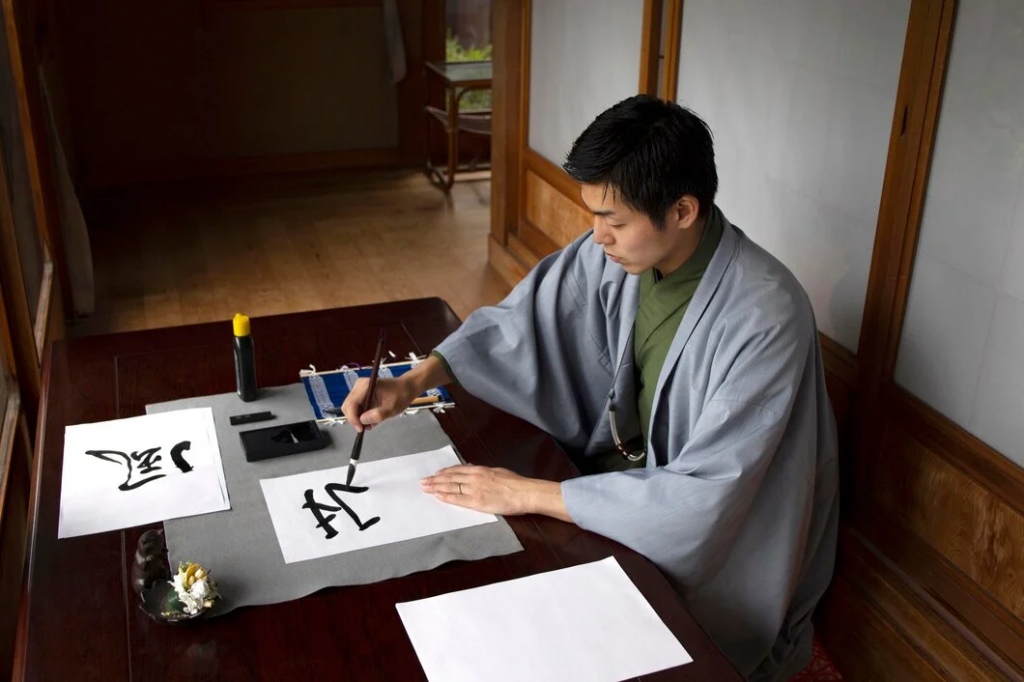Yokeru Kamo: A Journey into Its Meaning and Relevance
In today’s fast-paced world, finding moments of clarity and understanding can seem like an elusive goal. Enter Yokeru Kamo, a Japanese phrase that offers profound wisdom and guidance. Rooted in cultural nuance and philosophy, “Yokeru Kamo” translates roughly to “perhaps it can be avoided.” But what does this phrase truly signify, and how can it enrich our lives in the United States? This article explores the depths of Yokeru Kamo, providing insights that go beyond existing interpretations, making it relatable and actionable for readers.
What Does Yokeru Kamo Mean?
At its core, Yokeru Kamo suggests the possibility of avoiding problems, conflicts, or negative outcomes through mindfulness and proactive choices. The phrase embodies:
- Self-awareness – Recognizing potential pitfalls before they occur.
- Flexibility – Adapting to situations to prevent unnecessary harm.
- Mindfulness – Staying present and attentive to subtle cues in life.
In English, it’s akin to saying, “It might be avoidable.” This humble acknowledgment opens up pathways to explore alternative solutions rather than resigning to fate.

The Cultural Roots of Yokeru Kamo
Connection to Japanese Philosophy
Yokeru Kamo is deeply tied to Japanese principles such as Kaizen (continuous improvement) and Wabi-Sabi (embracing imperfection). It reflects the importance of balance and foresight in everyday life. In Japan, this phrase reminds individuals to approach life’s challenges with caution and wisdom, seeking harmony rather than confrontation.
Practical Applications in Japanese Society
- Interpersonal Relationships: Avoiding unnecessary arguments to maintain harmony (Wa).
- Workplace Dynamics: Encouraging thoughtful decision-making to prevent mistakes.
- Urban Planning: Designing spaces that anticipate and mitigate potential hazards.
Why Yokeru Kamo Resonates in Modern America
The principles of Yokeru Kamo align seamlessly with contemporary American values:
Also Read : Topband AGV-V2440A: Revolutionizing Automation for Businesses in the USA
1. Preventive Healthcare
The concept of avoiding health problems through proactive measures resonates with Yokeru Kamo. Practices like regular exercise, balanced diets, and routine medical check-ups are perfect examples of this philosophy in action.
2. Conflict Resolution
Americans increasingly seek peaceful ways to resolve disputes. Yokeru Kamo’s focus on avoiding unnecessary conflicts supports this trend, fostering a culture of communication and understanding.
3. Environmental Awareness
Avoiding environmental degradation through sustainable practices echoes the essence of Yokeru Kamo. Recycling, reducing waste, and advocating for clean energy reflect its preventive wisdom.
How to Incorporate Yokeru Kamo into Daily Life
1. Mindful Decision-Making
Before acting, pause and consider the potential outcomes. Ask yourself:
- Is this action necessary?
- What could go wrong?
- How can I minimize harm?
2. Building Resilience
Learn to anticipate challenges and prepare for them. For instance:
- Financial Planning: Save for emergencies.
- Health: Adopt preventive care routines.
3. Effective Communication
Yokeru Kamo teaches us to avoid unnecessary conflicts by:
- Listening actively.
- Responding thoughtfully rather than reacting impulsively.
- Seeking mutual understanding.
4. Environmental Responsibility
Make choices that prevent harm to the planet, such as:
- Using energy-efficient appliances.
- Supporting local, sustainable businesses.
The Psychological Benefits of Yokeru Kamo
Practicing Yokeru Kamo can have a profound impact on mental well-being:
Also Read: Süpperlig: The Heartbeat of Football Excellence
1. Reduced Stress
By proactively addressing potential problems, you can alleviate anxiety about the future.
2. Improved Focus
Mindfulness and foresight help you concentrate on what truly matters, reducing distractions.
3. Stronger Relationships
Avoiding unnecessary arguments and fostering understanding leads to deeper connections with others.
Yokeru Kamo in Action: Real-Life Examples
Example 1: Preventing Workplace Burnout
Imagine you’re facing an overwhelming workload. Instead of pushing yourself to the brink, Yokeru Kamo suggests:
- Delegating tasks.
- Prioritizing effectively.
- Taking breaks to recharge.
Example 2: Navigating a Difficult Conversation
In a heated argument with a friend, Yokeru Kamo reminds you to:
- Stay calm.
- Choose your words carefully.
- Seek a resolution rather than “winning” the argument.
Example 3: Planning a Vacation
When organizing a trip, applying Yokeru Kamo might mean:
- Researching potential travel delays.
- Packing essentials to avoid last-minute stress.
- Choosing destinations that align with your interests and energy levels.
Also Read: May 1986 Blytheville Courier News: A Snapshot of History and Local Impact
FAQs About Yokeru Kamo
What is the literal translation of Yokeru Kamo?
The phrase translates to “perhaps it can be avoided” in English, emphasizing the possibility of steering clear of negative outcomes.
How is Yokeru Kamo different from mindfulness?
While mindfulness focuses on being present, Yokeru Kamo emphasizes proactive measures to prevent issues before they arise.
Can Yokeru Kamo be applied in professional settings?
Absolutely. It encourages thoughtful decision-making, effective communication, and stress management, all of which are vital in the workplace.
How does Yokeru Kamo relate to self-improvement?
By advocating for foresight and preventive action, Yokeru Kamo aligns with the principles of self-improvement, helping individuals lead more intentional lives.
Is Yokeru Kamo a spiritual concept?
While rooted in cultural philosophy, it’s not inherently spiritual. However, its principles can complement spiritual practices focused on harmony and balance.
Can Yokeru Kamo help with anxiety?
Yes. By addressing potential problems proactively, it reduces uncertainty and fosters a sense of control.
Are there books or resources about Yokeru Kamo?
Though there may not be many dedicated books, exploring Japanese philosophy, mindfulness, and preventive practices can provide valuable insights.
How can parents teach Yokeru Kamo to children?
Parents can instill this mindset by:
- Encouraging foresight in decision-making.
- Teaching conflict resolution skills.
- Leading by example in daily life.
Is Yokeru Kamo widely practiced in Japan?
While the phrase itself may not be commonly cited, its principles are deeply embedded in Japanese culture.
How does Yokeru Kamo relate to sustainability?
It emphasizes avoiding harm and waste, aligning perfectly with sustainable practices like reducing consumption and protecting natural resources.
Conclusion
Yokeru Kamo is more than just a phrase; it’s a philosophy that encourages us to live with awareness, intention, and foresight. In a world filled with distractions and challenges, adopting this mindset can lead to a more harmonious and fulfilling life. Whether applied to personal growth, relationships, or societal issues, Yokeru Kamo’s wisdom offers a guiding light for navigating life’s complexities.
By embracing Yokeru Kamo, we can cultivate a culture of prevention and mindfulness, making choices that benefit ourselves, our communities, and the planet. Perhaps it’s time we all ask ourselves: “What can I avoid today for a better tomorrow?”






